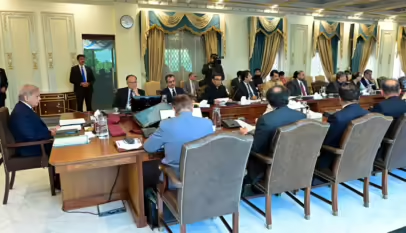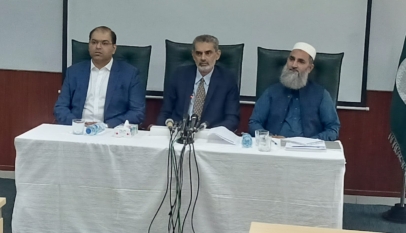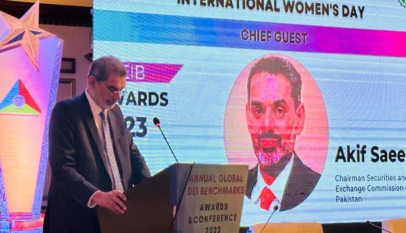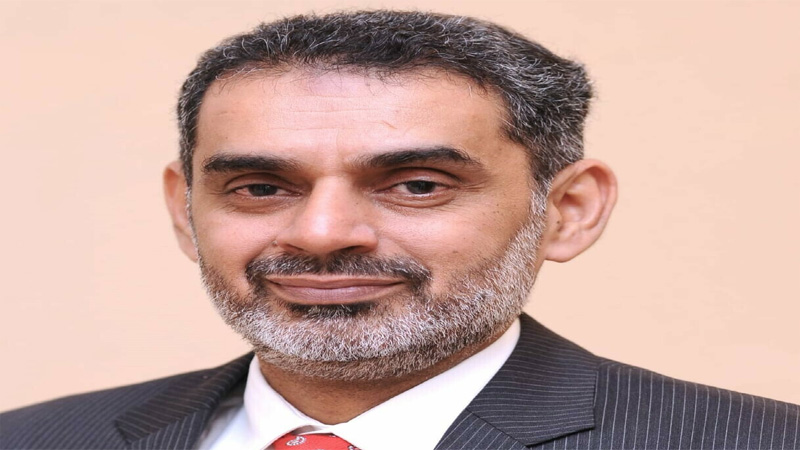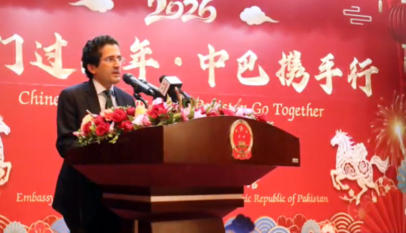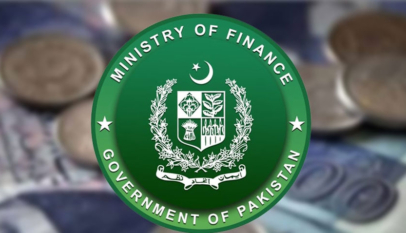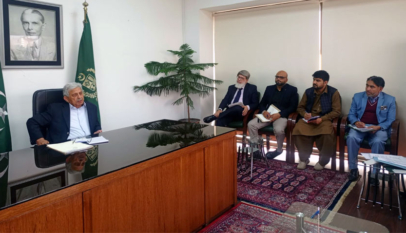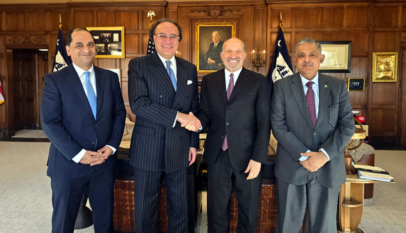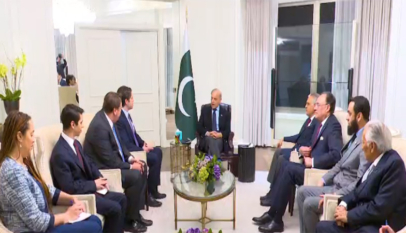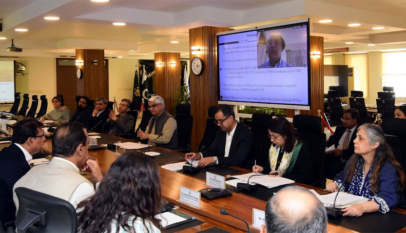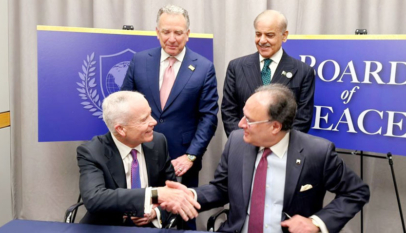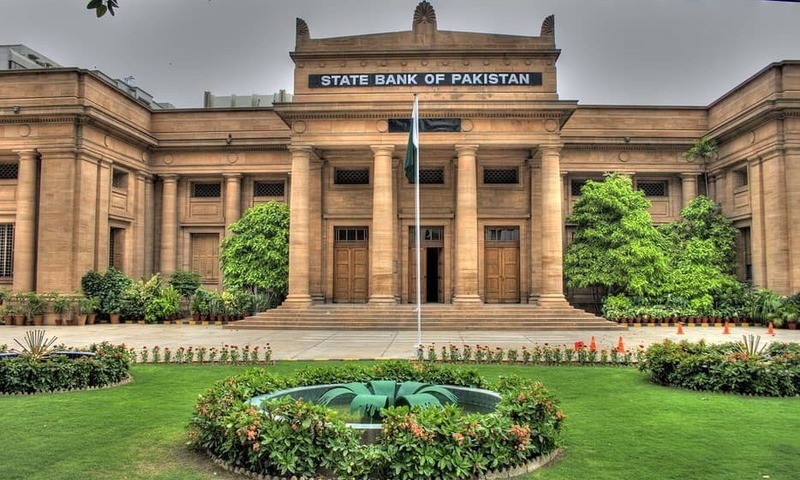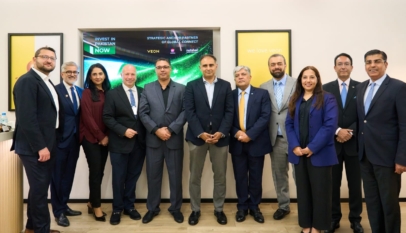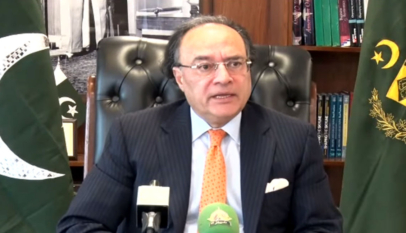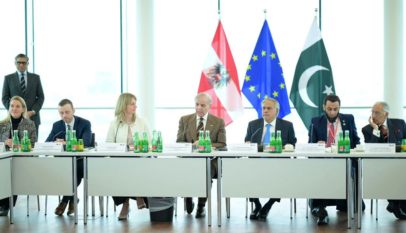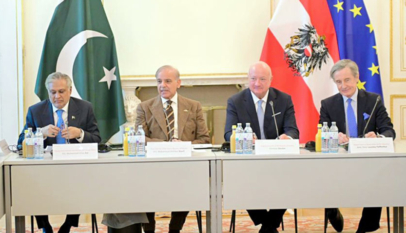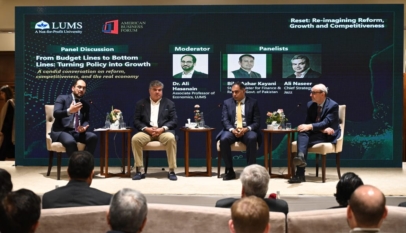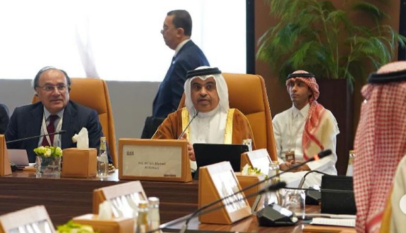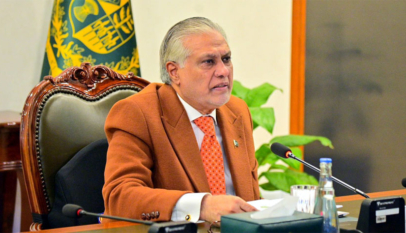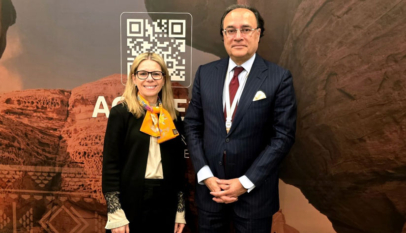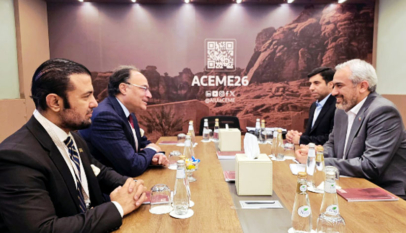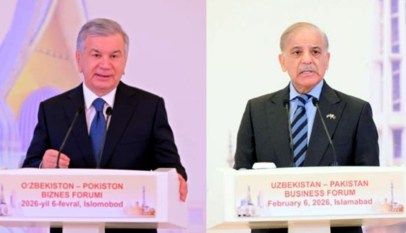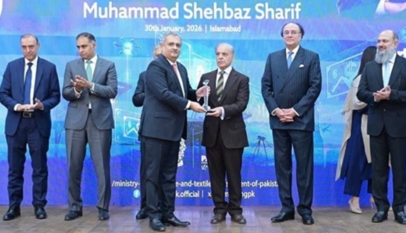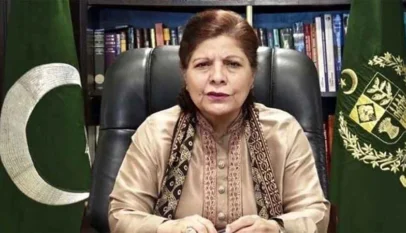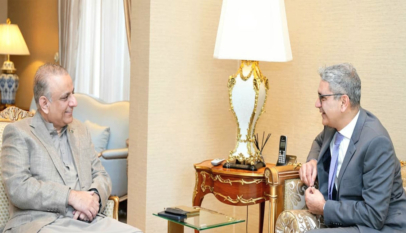
The Securities and Exchange Commission of Pakistan (SECP) has released a diagnostic report to document key issues and challenges for Islamic finance in the non-bank financial sector. The report also takes stock of the current state of development of Islamic finance in the country and contains specific recommendations for its promotion.
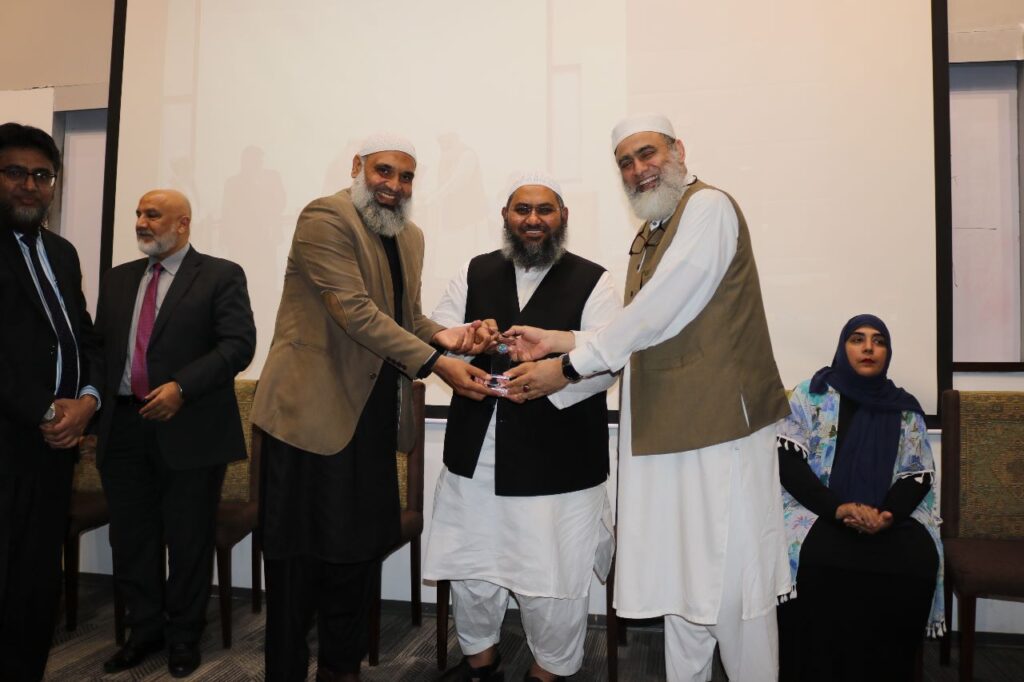
The diagnostic study was launched in a roundtable, organized in collaboration with the IBA Centre for Excellence in Islamic Finance, at the IBA City Campus. Another diagnostic study and a proposed FinTech framework prepared by Islamic Finance Advisory and Assurance Services (IFAAS), a consultant to the ADB under a technical assistance, specifically covering issues pertaining to product offerings by the non-banking Islamic financial institutions, were also issued at the occasion.
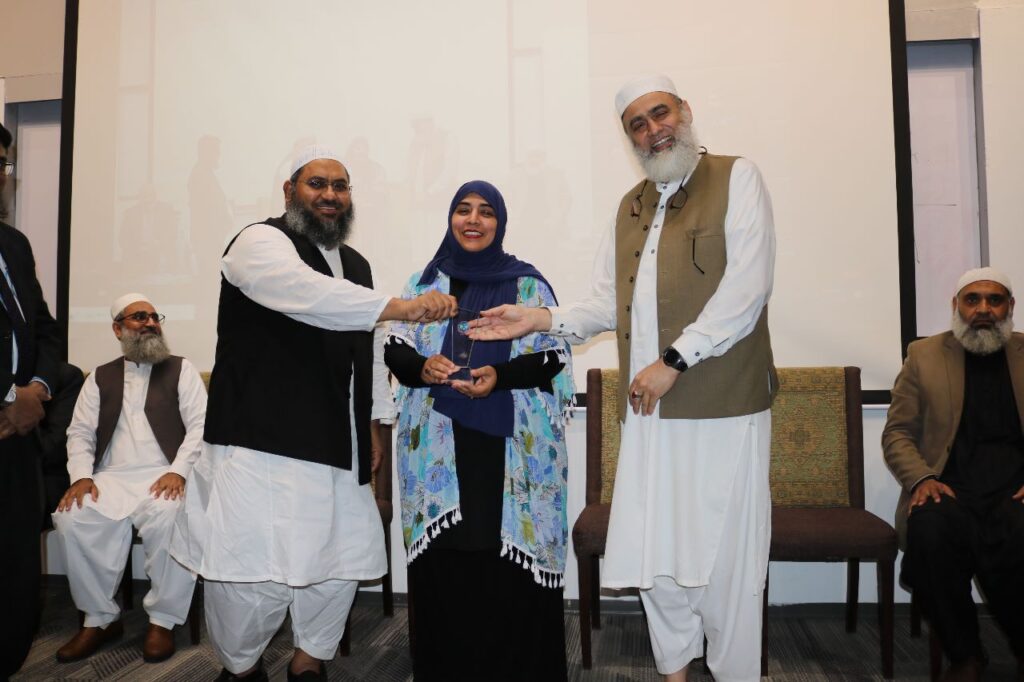
In his message, Mr. Akif Saeed, Chairman SECP, stated that the exercise’s goal was to comply with the Federal Shariat Court’s ruling while also standardizing and improving the quality of Islamic goods and services. He emphasized that the suggested actions are specifically intended to speed up the growth of Islamic finance in SECP’s regulated sectors.
Mr. Abdul Rehman Warraich, the SECP’s Commissioner on Islamic Finance, thanked the worthy Shariah scholars and professionals from industry for their valuable contributions while also lauding the SBP’s collaboration and support for the growth of Islamic finance in Pakistan.
Director of CEIF, Mr. Ahmad Ali Siddiqui, and Associate Professor, Dr. Irum Saba, also spoke at the event. The roundtable participants agreed that Islamic finance is inevitable and that it is a driver for shared prosperity. Mr. Tariq Naseem, Head Islamic Finance SECP, and Mr. Farrukh Raza, CEO, IFAAS, presented key findings of the diagnostic reports. Members of SECP’s Shariah Advisory Committee and functional committee on Islamic finance, industry professionals and Shariah scholars attended the events in large numbers. Mufti Dr. Irshad Ahmed Aijaz praised the efforts of all stakeholders to transform the financial system in accordance with Shariah principles, constitutional requirements, and the decision of Federal Shariat Court.
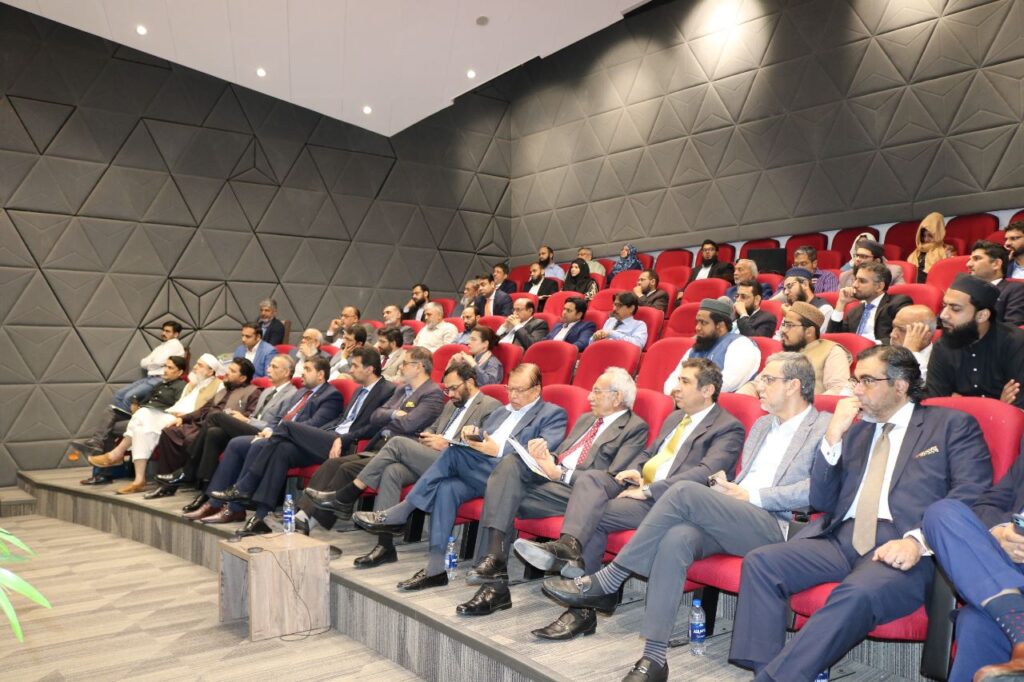
The diagnostic reports, which cover key aspects of Islamic finance development in the non-banking sector, are expected to accelerate efforts for growth of Islamic capital markets, takaful industry, and Islamic financial institutions. The reports are expected to create a conducive environment for the implementation of a strategic action plan and serve as a conduit for further research.

